1. Harmony Hut
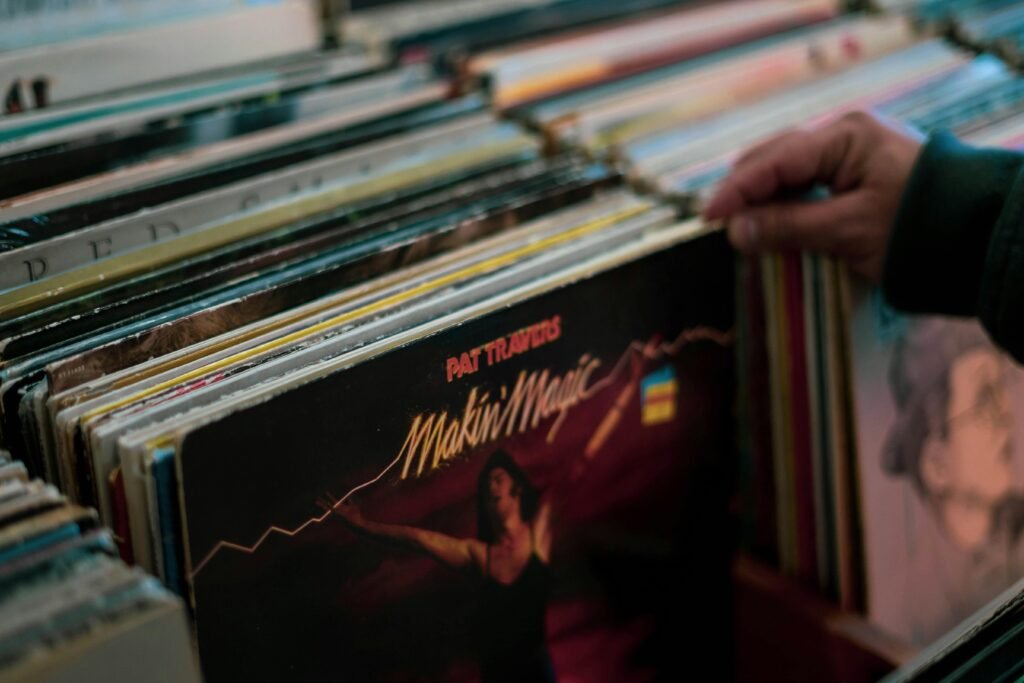
Harmony Hut was one of those cozy little record shops that always smelled faintly like incense and cardboard sleeves. People remember flipping through the racks while the owner would recommend albums like he was prescribing medicine, offering confident suggestions that somehow always matched your taste. It wasn’t huge or flashy, but it had personality, and regulars often felt like part of a small, musical family. Even teens who couldn’t afford a full album would stop in after school just to listen to whatever was spinning on the store’s turntable. Harmony Hut also became a casual hangout spot, especially on weekends when customers swapped stories about concerts they saw the night before. Kids buying their first LP were treated with a little ceremony, almost like a rite of passage. Now it lives only in memory, but for many, it was their earliest introduction to discovering music on their own.
People especially remember its quirky handwritten signs, which sometimes had full paragraphs explaining why a record was essential. The owner tended to collect unusual imports, so you’d find albums there that didn’t appear anywhere else in town. Harmony Hut also had listening booths that weren’t soundproof at all, but nobody cared because it added to the charm. The posters plastered along every wall were rarely changed, fading with time just like the building itself. Folks still talk about waiting outside on release days for big albums, shivering in line and hoping stock didn’t run out. The store eventually shut down when the mall expanded and raised rents, wiping out small, beloved businesses. But to many locals, Harmony Hut was the spot where their love of music officially began.
2. Spin Cycle Records
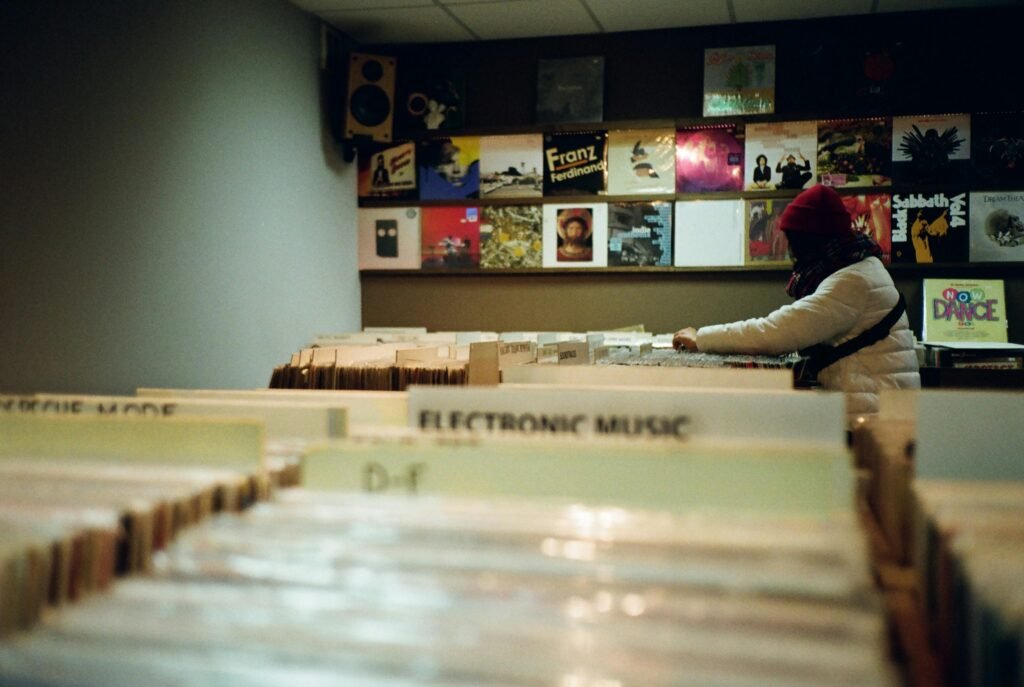
Spin Cycle Records was tucked into a strip mall that always felt a little outdated, but that just made the shop more inviting. Inside, the aisles were narrow, and you had to turn sideways to squeeze past other shoppers bending over those wooden crates. The staff seemed to know every record in the store by memory, and they’d happily point you toward something new if you told them who you liked. Teens would gather there on Friday nights, checking out the latest chart-toppers or pretending they discovered obscure bands first. Customers remember the comforting hum of the fluorescent lights mixed with the crackle of vinyl playing in the background. Spin Cycle Records also had a small section for used albums, which was perfect for building a collection on a tight budget. It made the store feel both familiar and full of new discoveries at the same time.
People still reminisce about the way the windows fogged up on rainy days, creating a cozy atmosphere inside. Spin Cycle launched plenty of local music obsessions, especially when the owner hosted discount nights where everything was a dollar off. The bins were often messy, but the chaos only added to the excitement of digging for something special. Regulars recall running into neighbors and classmates while flipping through the stacks, turning a quick stop into a whole social event. The little listening station near the counter was constantly occupied, even though the headphones were held together with tape. Eventually bigger chains edged it out, but for many towns, Spin Cycle Records was the place where friendships, mixtapes, and early music tastes were formed.
3. Music World
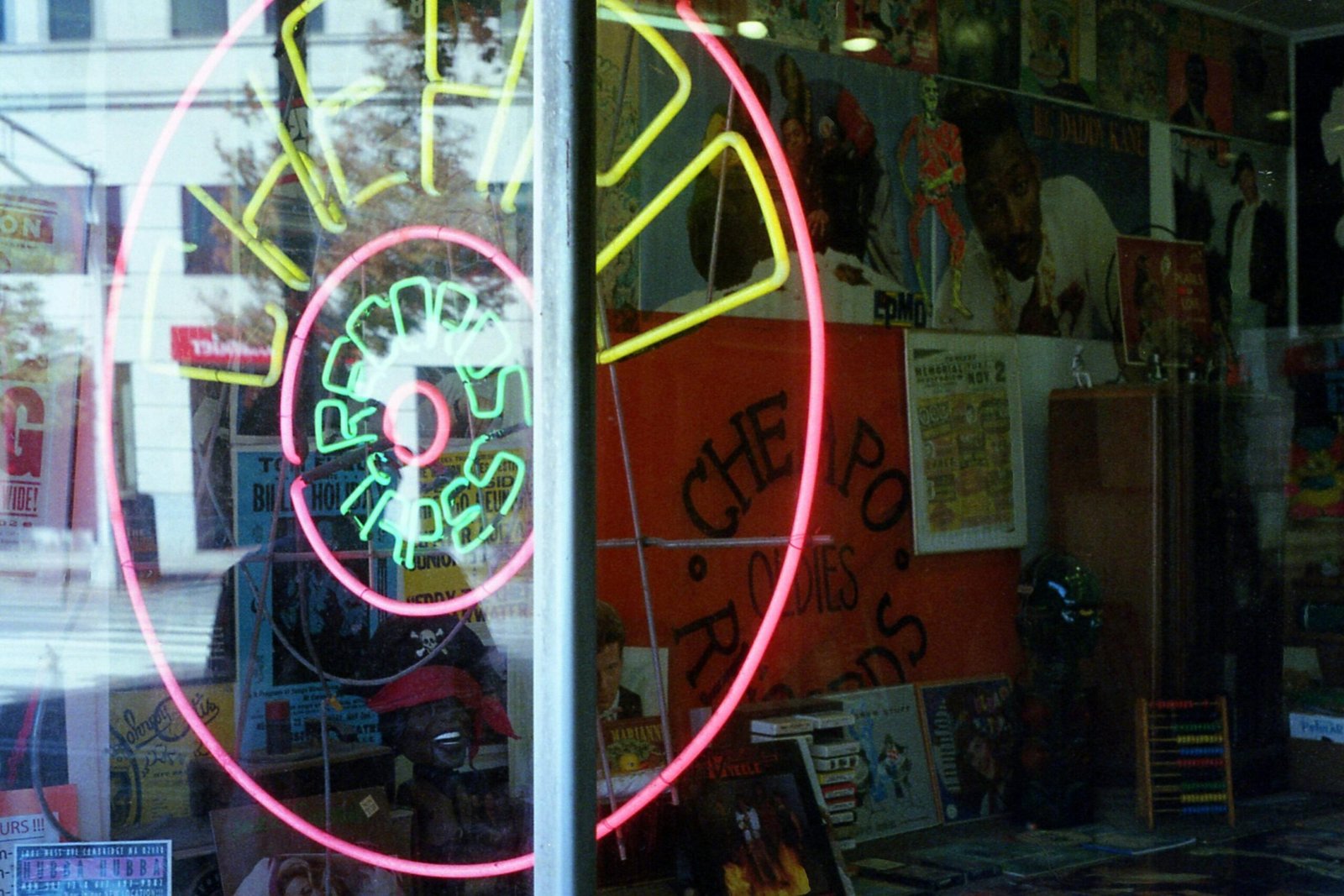
Music World felt like it truly lived up to its name, because kids walking in often felt overwhelmed by how much music fit inside one store. Every inch of wall space seemed packed with posters, buttons, and racks of cassette singles. Customers remember the way the floor creaked underfoot, especially in the back corner where lesser-known artists were tucked away. The staff had a reputation for being incredibly enthusiastic, offering opinions even when you didn’t ask for them. But somehow, everyone loved that about the store. Music World was also known for carrying the biggest chart releases the moment they dropped, making it the place to be on Friday nights. For some families, stopping at Music World became a weekly ritual.
The store also hosted local band meet-ups before that sort of thing became trendy. Flyers for garage shows and neighborhood performances filled the bulletin board near the counter. People remember saving up allowance money and spending hours deciding on the one album they would take home that week. Music World became a favorite stop for teenagers who wanted to feel grown-up browsing the racks on their own. The selection expanded constantly, sometimes in ways that seemed to defy the size of the building. When the shop finally closed, the neighborhood felt a little quieter, almost like someone had turned the volume down on a whole era of music discovery.
4. Groovy Tunes
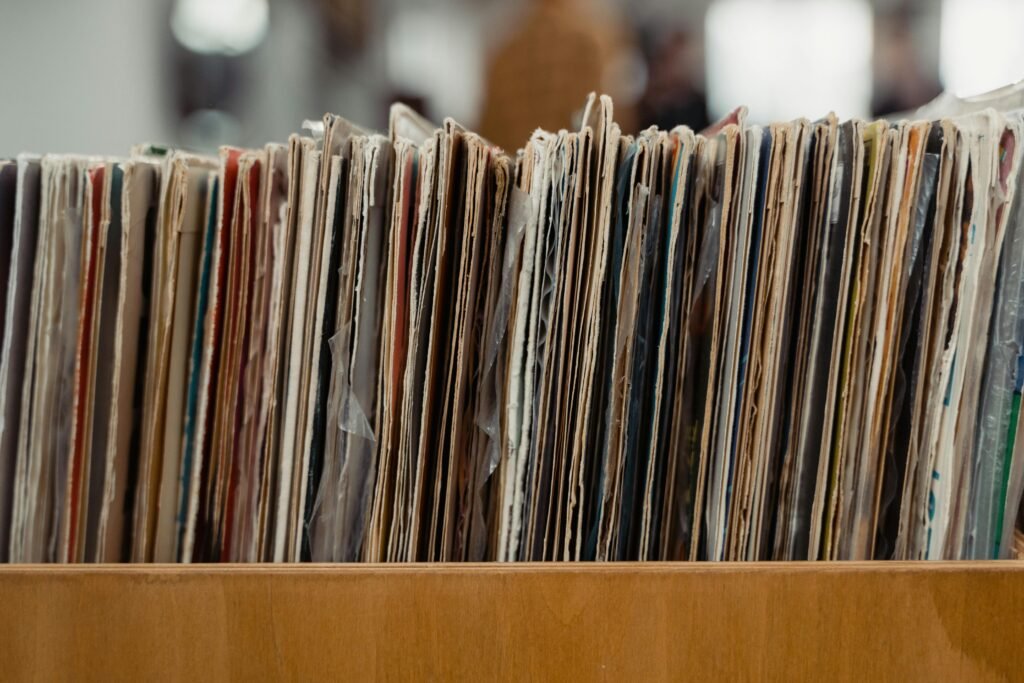
Groovy Tunes had a name that fit its ‘70s spirit perfectly, with bold, colorful lettering on the storefront that practically glowed. Walk inside and you’d be greeted by a rotating display of new releases, neatly arranged but somehow always a little askew. The small couches near the center of the store became an unofficial hangout for local teens, who lounged there to escape homework and hear what was new. Parents didn’t mind dropping kids there because they knew the staff well and trusted them. Groovy Tunes also had boxes of discounted 45s that seemed to refresh magically every week. People remember the thrill of finding a forgotten gem for pocket change. The store was lively, friendly, and never quiet, in the best possible way.
Part of the appeal was the store’s dedication to showcasing local musicians. They’d set up tiny, informal performances that drew crowds even when the sound system misbehaved. Posters advertising these mini-concerts covered the counter, along with handwritten notes about upcoming sales. Groovy Tunes was one of the few places in town where teens could hear music before deciding to buy, thanks to a well-used turntable near the front. Even people who never bought much still remember the warm atmosphere. When it closed because of competition from larger retailers, customers felt like the heart of their neighborhood music scene went with it.
5. Wax Works

Wax Works was the spot for anyone who loved classic rock before it became “classic.” Its inventory leaned heavily into guitar-driven albums that dominated the charts at the time. People who visited remember the owner’s obsession with sound quality, which he would eagerly demonstrate using his prized stereo system in the back. The store felt like a second home to regular customers, who often stuck around just to talk music. Wax Works also had a small rack of magazines dedicated to bands, instruments, and the industry. Teenage musicians loved browsing those issues, hoping to pick up tips from their favorite artists. The vibe was equal parts cool and welcoming, a tough balance to strike.
The walls were covered with album art, some of which the owner framed himself because he thought it deserved more attention. Wax Works rarely hosted events, but when they did, they packed the store to the point where customers had to stand shoulder-to-shoulder. Bargain hunters loved the clearance section along the wall, which offered records with slightly bent corners for half price. People remember the joy of leaving the store with a stack of vinyl they couldn’t wait to play. Even years after it closed, locals still talk about the unique sound that greeted you the moment you walked through the door.
6. Sound Station
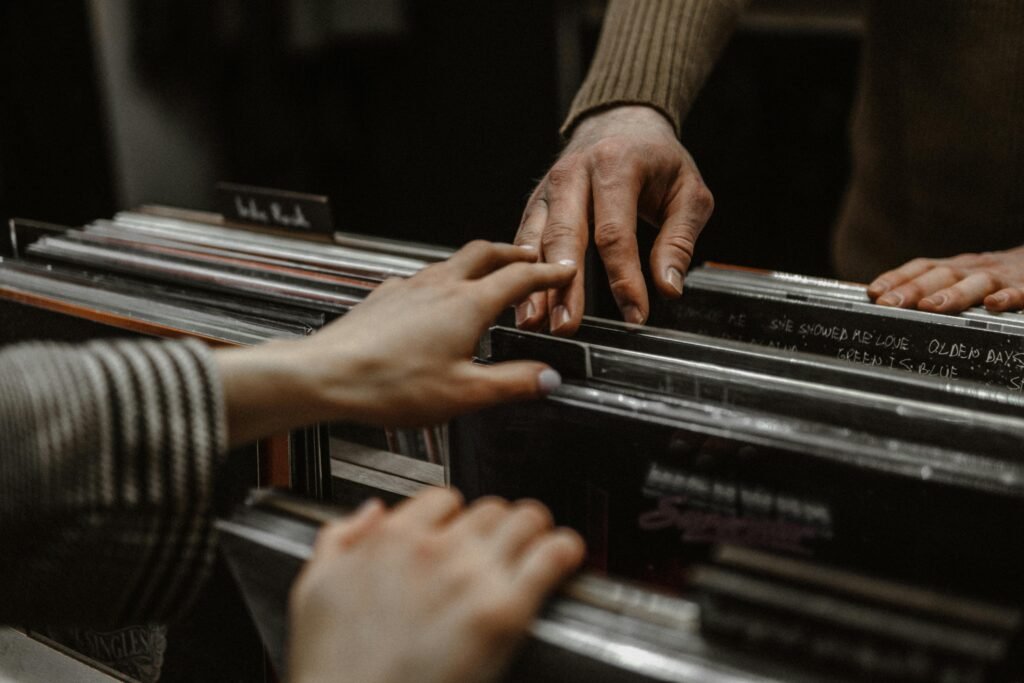
Sound Station sat right across from a bus stop, so it seemed like half the town wandered in at one point or another. The store specialized in variety, carrying everything from jazz to bubblegum pop. People appreciated how approachable the staff was, especially for younger customers just starting their record collections. They’d happily point out great starter albums and explain what made each one special. The shop also had a playful touch, with hand-painted murals decorating the walls. Kids loved staring at those murals while their parents made their selections. Sound Station managed to stay unpretentious, even when it became extremely popular.
Folks remember how the store felt busiest during after-school hours, when students stopped by before heading home. The listening booth was usually claimed by the same group of music-loving teens, who shared headphones and debated which albums deserved a spot on their shelves. Sound Station also had a well-worn wooden counter that seemed to collect signatures, doodles, and announcements over the years. The store eventually closed when a big franchise moved in down the street, but the charm of Sound Station never faded from local memory.
7. Vinyl Village
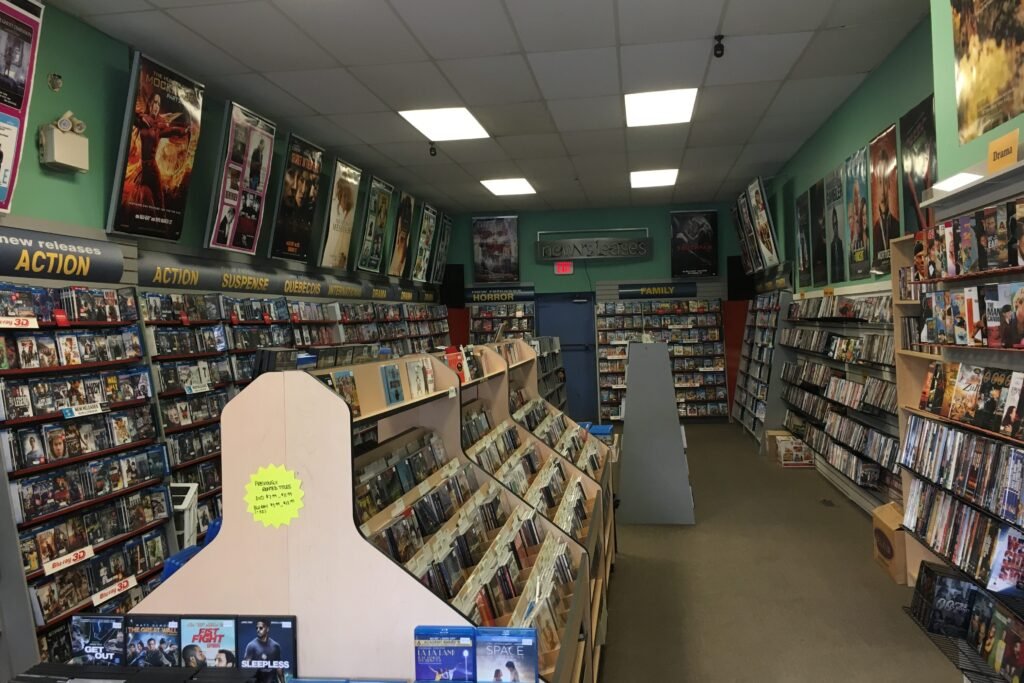
Vinyl Village was a small but mighty record shop that always seemed to have more inventory than the building could reasonably hold. You’d walk in and see towering stacks of crates, some of them so full that customers had to gently nudge them aside to browse. People loved the store’s chaotic layout because it meant treasure hunting for albums became part of the fun. The shop wasn’t fancy, but it was packed with personality. Vinyl Village was a common stop for young music fans with extremely limited budgets because its used section was unmatched. They’d proudly show off their finds at school the next day like they discovered rare artifacts. The excitement of the search was a big part of what made Vinyl Village memorable.
Customers recall the owner’s booming laugh, which you could hear from the parking lot if someone made a particularly cool discovery. The store’s bulletin board served as a community hub, featuring flyers for band auditions and small concerts. People especially remember the bins labeled with quirky handwritten notes describing the genres. The record sleeves often had tiny price stickers that peeled in the heat, adding to the store’s worn-in feel. Vinyl Village eventually closed after the owner retired, but locals still reminisce about spending hours digging through those endless crates.
8. The Record Den
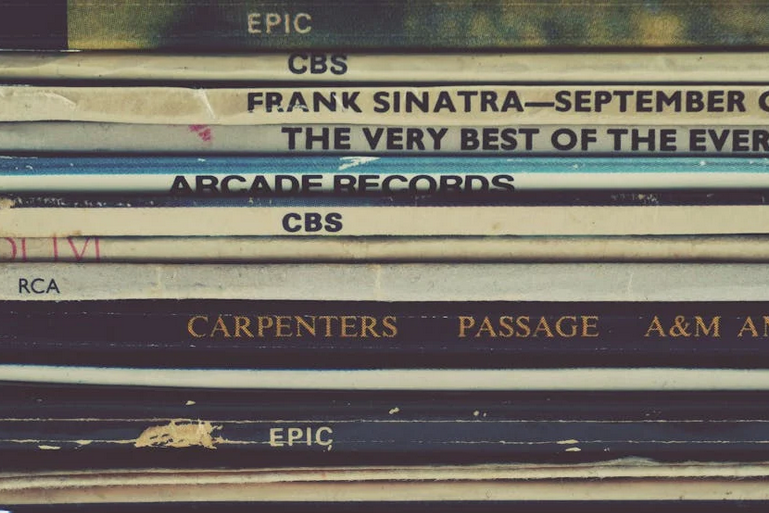
The Record Den felt like a cozy hideaway thanks to its dim lighting and the faint scent of old paper. Customers often described the place as the perfect shop to browse on rainy days. The aisles were narrow but inviting, and the racks were filled with albums that ranged from mega hits to deep cuts. People especially liked that the staff didn’t hover, giving them plenty of space to explore. The Record Den also offered a generous trade-in policy, which kept the selection constantly rotating. Teens who upgraded their collections often got store credit, allowing them to return again and again. Many people say it was one of the most relaxing record shops in town.
The store’s listening corner became a favorite spot for customers who liked to sample music before committing. Posters for concerts and festivals filled the walls, giving the shop a slightly chaotic but charming look. The Record Den also carried a small shelf of music books, which aspiring artists loved. Families remember stopping by on weekend afternoons, especially when the shop put out new arrivals. Over time, bigger stores slowly took over, and the Record Den couldn’t keep up. But for people who grew up with it, the nostalgia remains strong.
9. Needle & Groove

Needle & Groove aimed at serious collectors, though anyone was welcome to browse. Customers remember the owner’s encyclopedic knowledge, which he wielded with enthusiasm whenever someone asked even the simplest question. The shop had a quiet atmosphere, making it a calming break from the busy streets outside. Needle & Groove was known for carrying rare pressings and international releases that music lovers couldn’t find anywhere else. The bins were labeled with surprising precision, helping customers find exactly what they were looking for. Even casual shoppers felt like experts when leaving with a new album. The store had a reputation for being a hidden gem.
Shoppers recall how the store owner played entire albums from start to finish, refusing to skip tracks because he believed music should be heard as intended. People found that almost endearing. Needle & Groove also had a tiny counter where regulars stayed to chat about upcoming concerts. The store’s small size made browsing feel intimate, as if everything inside had been chosen with care. It eventually closed when the owner moved away, but locals still talk about the rare finds they picked up there.
10. Turntable Town
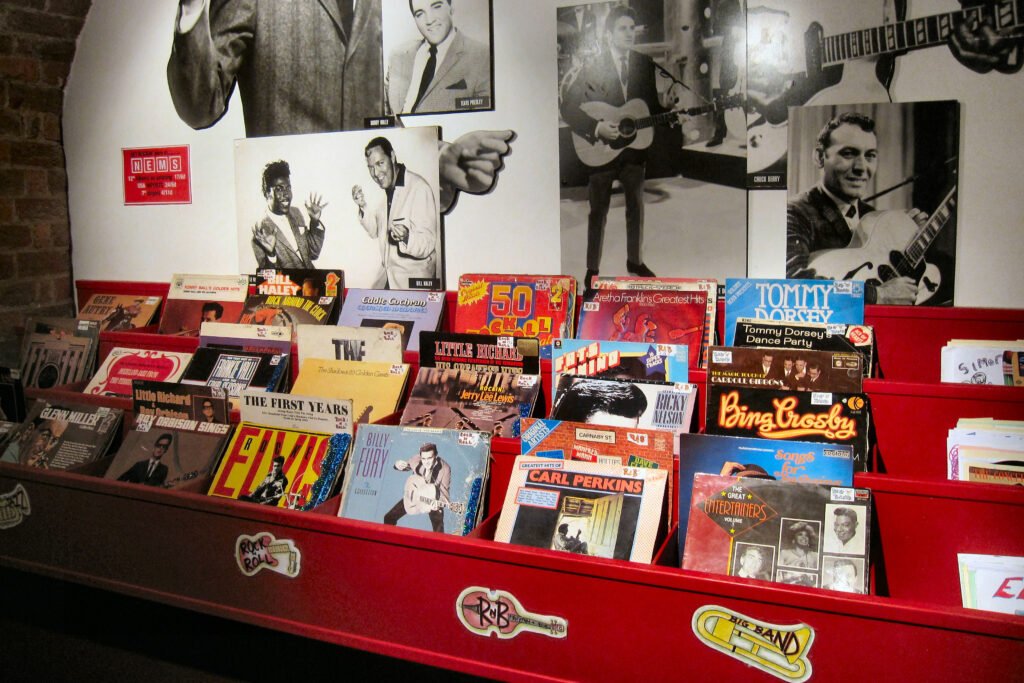
Turntable Town had a bright, welcoming vibe that drew in families and teens alike. The bold paint colors and wide aisles made it easy to browse without feeling cramped. The store was particularly known for its friendly staff, who took time to help customers discover new artists. Kids loved the novelty buttons and patches displayed near the checkout counter. Many people remember buying their very first record player there, usually as part of a starter bundle. Turntable Town also became a gathering place on weekend afternoons, with a steady stream of regulars stopping by. It felt like the center of the neighborhood music scene.
The store occasionally held small contests where customers could win posters or promotional singles. Those little events always drew a big crowd. Turntable Town also had a special clearance section where albums with damaged sleeves were sold for a bargain. Customers loved searching through that section because they often uncovered forgotten favorites. The store maintained a lighthearted, cheerful energy that made people want to linger. When it eventually shut down, locals felt the loss immediately because it had become such a community staple.
11. Echo Records
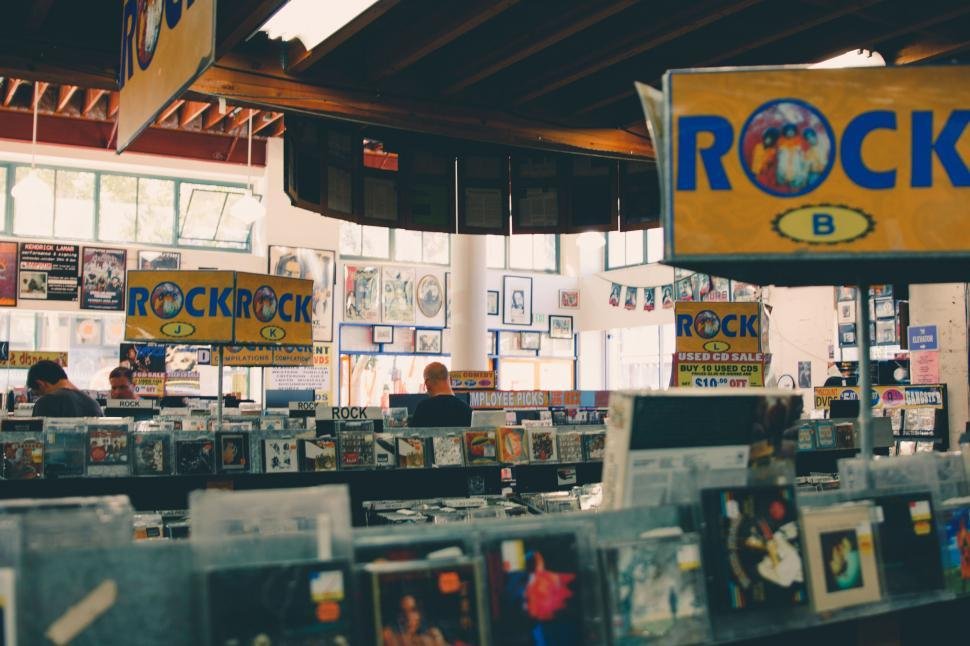
Echo Records sat on a quiet corner and had a reputation for being one of the calmest record stores around. People remember the soft music playing in the background, which made browsing a peaceful experience. The store focused on acoustic and folk albums during the ‘70s peak, attracting customers who loved mellow melodies. The staff was known for their gentle approach, helping customers without overwhelming them with suggestions. Families often stopped by on weekend mornings when the store was at its coziest. Echo Records also carried unique imports that set it apart from other shops. People appreciated that the selection felt carefully curated.
The store hosted occasional coffee-house style performances, which made it feel even more inviting. Customers remember sitting on the floor listening to local singers perform unplugged sets. Echo Records also had a tiny reading nook stocked with music magazines. The shop became a quiet refuge for many people seeking a break from busier stores. It eventually closed due to competition, but its sense of tranquility left a lasting impression.
12. The Music Annex

The Music Annex was one of those stores tucked behind a larger building, making it feel like a secret spot only locals knew about. Customers walked down a little alleyway to reach the entrance, which added to its mystique. Inside, the store was surprisingly spacious, filled with neatly organized racks. The Music Annex specialized in rock and R&B, but its collection was broad enough to satisfy any visitor. People loved the store’s layout because it made browsing incredibly easy. It quickly became a go-to destination for music-hungry teens looking for something new. The Music Annex had the perfect balance of order and surprise.
The staff had a knack for recommending albums that customers ended up loving. They’d often chat about new releases and create elaborate displays to highlight their favorites. The Music Annex also had a popular trade-in program, which kept their inventory fresh. Kids used to spend entire afternoons exploring the aisles, especially during summer break. The store closed when the surrounding plaza was renovated, but its reputation as a hidden treasure has lingered in local memory ever since.


